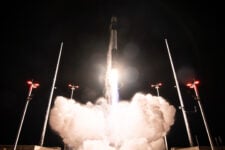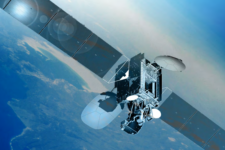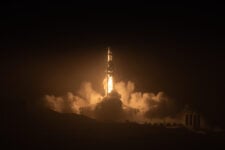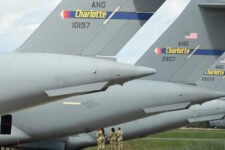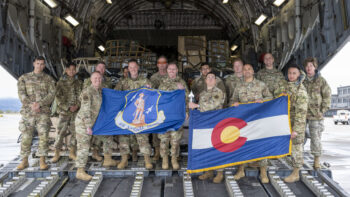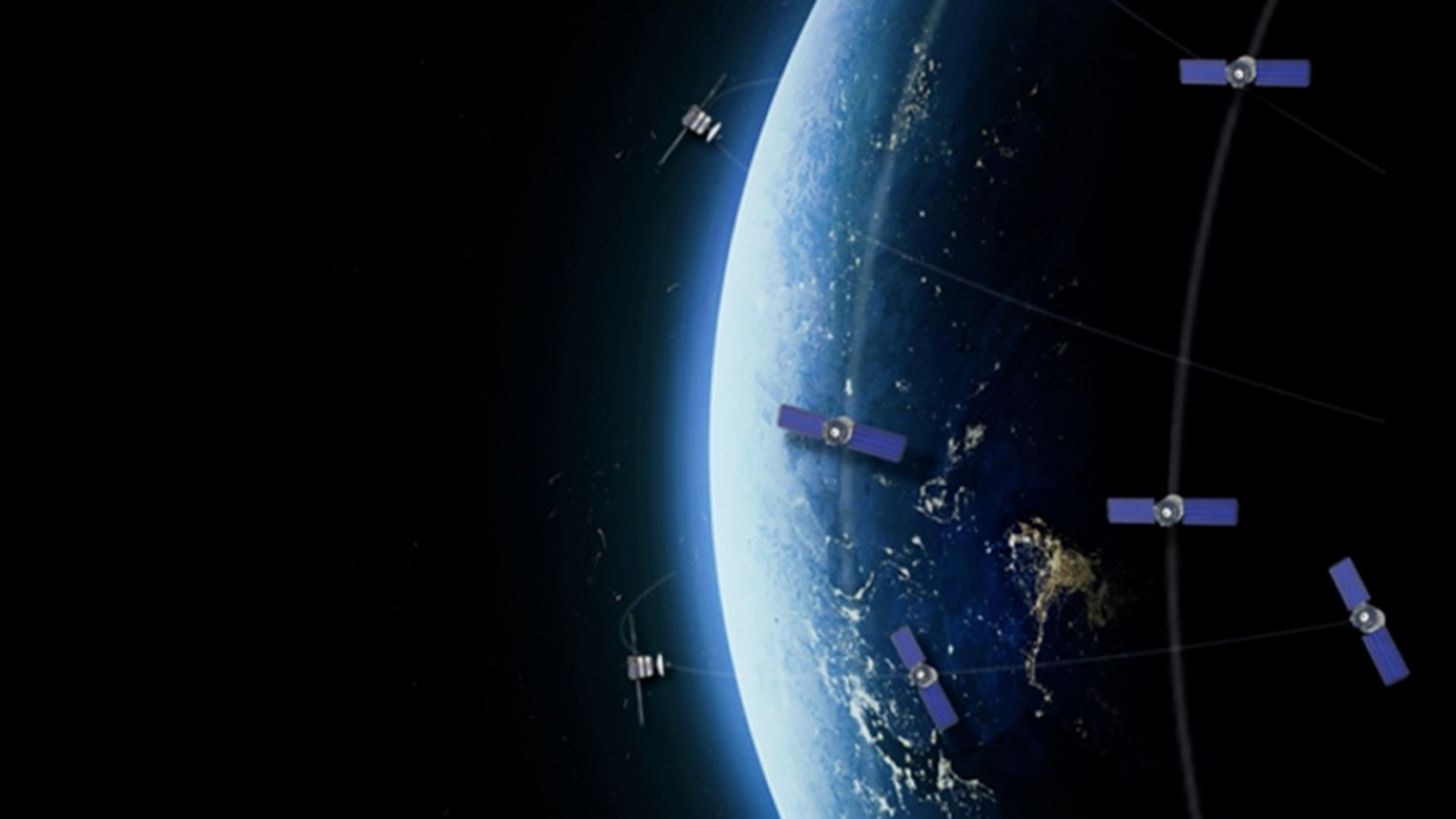
Terran Orbital’s PredaSAR subsidiary has decided to sell its SAR satellites, rather than operate its own constellation as previously planned. (Terran Orbital)
WASHINGTON — With an eye on the growing demand for commercial synthetic aperture radar (SAR) satellite imagery, including from the Defense Department, Lockheed Martin has invested $100 million in small satellite maker Terran Orbital.
Under the deal, which runs through 2035, the smaller Florida-based firm will build SAR and other advanced payloads, as well as satellite sub-assemblies, for the aerospace behemoth, Terran said in a press release today. These include electro-optical, hyperspectral, infrared and secure communication payloads, as well as things like star trackers and flight computers.
SAR sensors have a unique advantage for remote sensing of Earth, as they can image through clouds, rain and fog.
In addition, the release said, “Terran Orbital’s advanced manufacturing capabilities, which were originally planned for expansion on Florida’s Space Coast in partnership with Space Florida, have been accelerated and will now be based in Irvine, California. Terran Orbital has added over 140,000 square feet in Irvine alone in the past 12 months.”
With the investment from Lockheed Martin, Terran Orbital further has decided to abandon plans for its PredaSAR subsidiary to operate a SAR-sat constellation.
“The conflict in Ukraine has highlighted the need for advanced satellite imagery. Terran Orbital intends to address such demand through a specialized SAR satellite product line based on the company’s PredaSAR satellites,” the company’s press release states. “Terran Orbital plans to no longer pursue its own constellation and believes that offering PredaSAR as a product is a financially efficient and expeditious method of getting SAR technology into the hands of those protecting and defending our Nation and Allies.”
Marc Bell, Terran Orbital’s CEO, told Breaking Defense that the company had been receiving “a lot of inquiries” about buying PredaSAR satellites, but under the old model the subsidiary was seemingly competing with its parent company’s own customers — a situation that had been “clouding” Terran’s market evaluation. Owning and operating a constellation, he added, is “a very capital intensive business that has risks.”
Terran already has been partnered with Lockheed under the Space Development Agency’s Transport Layer program to develop data relay satellites to serve as the communications backbone for the Joint All Domain Command and Control (JADC2) effort. Terran this spring delivered 10 satellite buses to Lockheed, under the latter’s September 2020 SDA contract worth $187.5 million to deliver a first iteration of the Transport Layer satellites called Tranche 0.
The company’s PredaSAR subsidiary also just last month won a study contract from the National Reconnaissance Office to provide the spy satellite agency with commercial radio frequency geolocation data. The contracts will have a six-month base period of performance, with two 24-month options and additional options to extend further. And in January, PredaSAR won another NRO study contract for SAR imagery.
While he would not go into detail about the contract discussions, Bell stressed that PredaSAR’s commitments to NRO will be fully upheld.
“I will tell you that NRO is a very important client for all of us,” he said. “We will make sure NRO stays very happy with us.”








